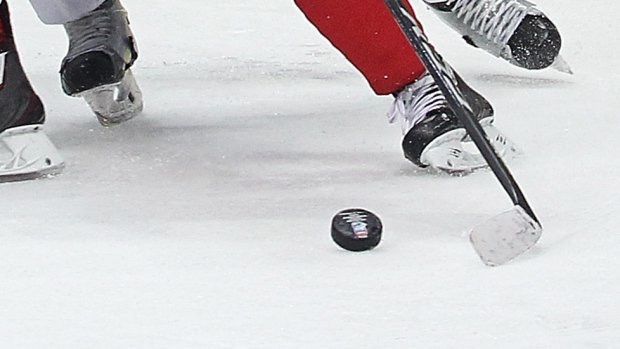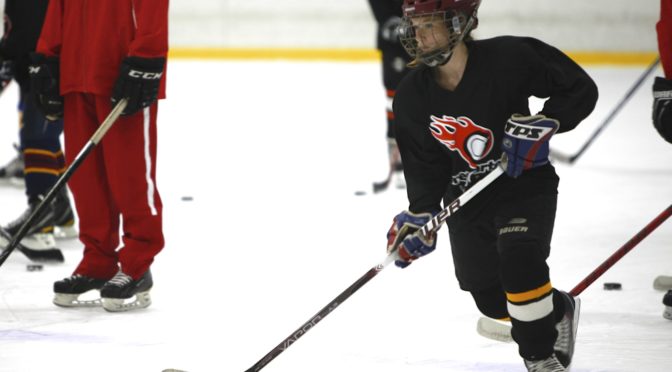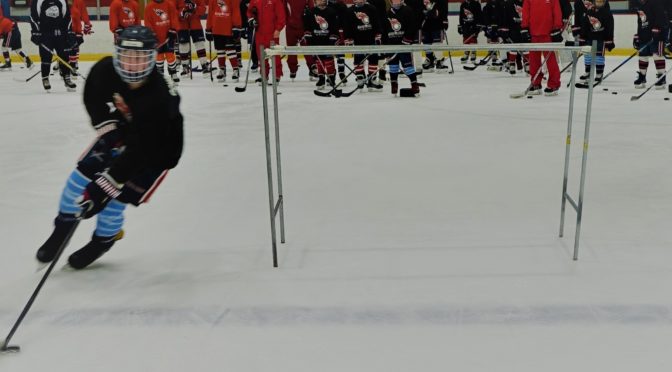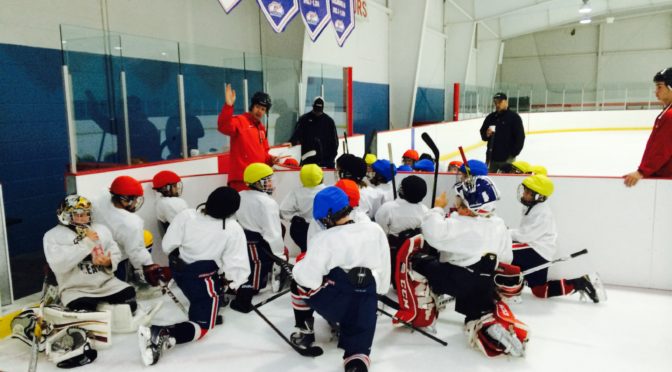06
January
How In ‘The World’s’ Do Teams Win Championships?
Posted by Greg Carter

The 2019 IIHF World Junior Championships just wrapped up in Vancouver, Canada. This tournament features the best hockey players under the age of 20. The action is intense, the speed is incredible, the passing is crisp and the overall talent out of this world!
So you might ask yourself, how do players take their game to the next level, and along with their team, rise to the occasion and take home a championship? How in ‘The Wolrd’s’ do they do it?
As witnessed at ‘The World’s’ in this tournament, here are the common characteristics of how players and teams win championships:
Bonding for a Common Goal: Teams are only as good as the players, and therefore the players need to all ‘buy-in’ to the process and systems to achieve the common goal of winning. Teams that are unable to bond and are instead comprised of a bunch of individuals skating for their own stats and recognition will most often not come out on top. To win, everyone needs to be a great teammate and always put the team first!
Selflessness: It’s always team first, ‘we’ over ‘me’. Individual stats and accomplishments come second. Fans saw this during the World Juniors when the Player of the Game was announced. It was evident in the humble reception of the individual award versus the overwhelming emotion to the team winning the game. Selfish players rarely win championships.
Talent & Teamwork: Talent wins hockey games, teamwork wins championships. This one is pretty obvious and can be seen at the local rink every week during every game. When a player has the opportunity to take a low percentage shot versus making a pass to a teammate for a better opportunity, what is the decision? As we have discussed in previous articles, it’s more important ‘that we do’ than ‘who’.
Winning Attitude: A great coach once said that ‘you have to believe you are a champion before you ever will be a champion’. While there is a ton of training, talent and hard work that factors into being a champion, a positive mindset and winning attitude definitely go a long way. Successful teams that I have played on have always believed that ‘we will win’ right up until the final buzzer. Do you believe?
From start to finish the World Junior hockey tournament was awesome. Although the U.S. Team came up a goal short and finished with the silver medal, it was must watch hockey TV. If you missed it, make sure to add it to your holiday calendar this year!
Thanks for reading and as always, we invite you to join us at one of our summer hockey camps in ten states this summer. 2019 is our 25th year of hockey camps and we are excited to celebrate it with you!
Click here for more information or to register!






 Subscribe
Subscribe Subscribe
Subscribe




